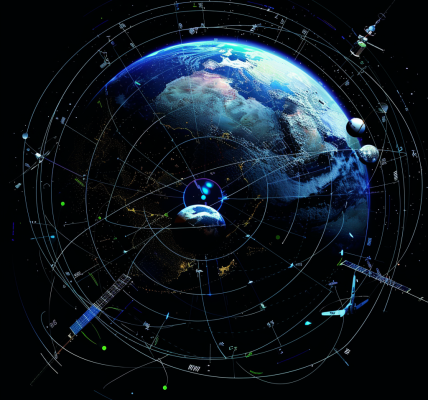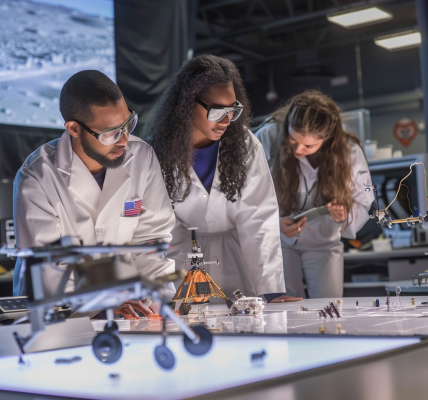In a groundbreaking study published in ACS Nano, researchers from the National Physical Laboratory (NPL) have collaborated with AI experts from IBM and the Science and Technology Facilities Council (STFC) Hartree Center to innovate in the realm of nanotechnology and bioengineering. The focus of their research is the creation of artificial virus-like particles, or virions, designed to encapsulate and deliver genetic material into human cells. This advancement holds significant promise for applications in gene therapy and personalized medicine.
The challenge of delivering drugs precisely to targeted sites within the body has long been a complex issue in drug development. Traditional methods often result in unwanted side effects due to the non-specific action of drugs. The new approach developed by the researchers aims to tackle this problem by utilizing engineered virions that can transport therapeutic genetic material directly to the intended cells.
The innovative study leverages the principles of precision engineering, which are applied to biological systems to enhance the design and functionality of these synthetic particles. By using naturally occurring amino acids, the researchers have engineered virions that consist of alternating sequences of L-amino acids and their mirror images, D-amino acids. This unique assembly forms virus-like shells capable of enclosing nucleic acids of varying sizes, thus providing a versatile platform for genetic delivery.
One of the standout features of this research is its application of predictive biological design, aided by advanced AI models. These models not only help predict the number of molecules required to assemble each virion but also estimate the quantity of nucleic acid that can be captured within each particle. This predictive capability is essential for optimizing the design and efficacy of the virions.
The implications of this research extend beyond gene therapy. The synthetic virion shells have demonstrated potential antimicrobial properties, suggesting they could pave the way for a new class of antibiotic alternatives. This could be particularly valuable in the fight against antibiotic-resistant bacteria, which is a growing concern in modern medicine.
As the study progresses, the applications for these engineered virions continue to expand. Personalized medicine, which tailors treatment to individual patient needs, stands to benefit significantly from this technology. By enabling more precise delivery of genetic material, healthcare providers may be able to enhance the effectiveness of treatments while minimizing side effects.
The research team’s findings illustrate the power of interdisciplinary collaboration, combining expertise in nanotechnology, biology, and artificial intelligence to address some of the most pressing challenges in medicine today. As they continue to refine their methods and explore new applications, the potential for these synthetic virions to transform therapeutic strategies is becoming increasingly clear.
For further insights into this innovative work, the study titled A Nonlinear Peptide Topology for Synthetic Virions by James E. Noble et al. can be accessed in the journal ACS Nano. This research not only highlights the advancements in the field of synthetic biology but also underscores the importance of precision engineering in developing next-generation therapeutic solutions.
As the scientific community continues to explore the capabilities of engineered virions, the future of medicine may see a shift towards more effective and targeted treatment options, ultimately improving patient outcomes and advancing the field of biotechnology.





